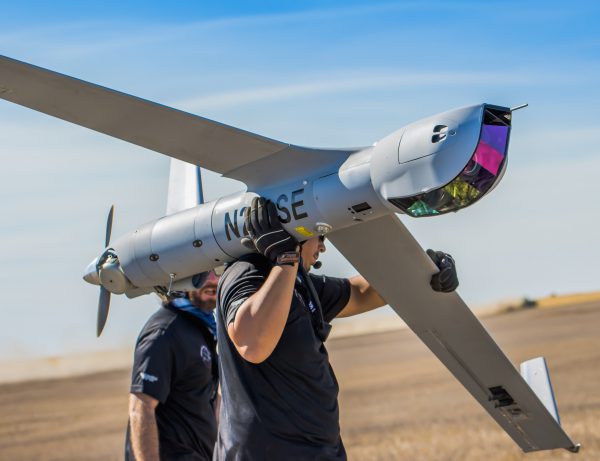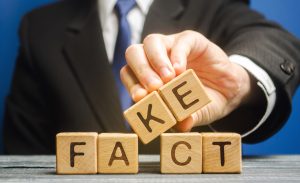 Pilot training program allegedly falsified enrollment figures to obtain Veterans Affairs funding
Pilot training program allegedly falsified enrollment figures to obtain Veterans Affairs funding
Universal Helicopters Inc. and Dodge City Community College have paid $7.5 million to resolve allegations they violated the False Claims Act by making false statements to the U.S. Department of Veterans Affairs in connection with a training program they jointly run for helicopter pilot flight instructors in Ford County, Kansas and Chandler, Arizona.
Universal paid $7 million, while Dodge City paid $500,000—an amount the U.S. Department of Justice noted was based on Dodge City’s ability to pay.
 The Whistleblower & Anti-Fraud Blog
The Whistleblower & Anti-Fraud Blog


 able cardiac devices
able cardiac devices compliance with cybersecurity standards
compliance with cybersecurity standards



 Court takes “holistic approach” to materiality, rejecting strict focus on the ultimate “payment decision” in significant win for qui tam whistleblowers and the government
Court takes “holistic approach” to materiality, rejecting strict focus on the ultimate “payment decision” in significant win for qui tam whistleblowers and the government uit Court of Appeals has affirmed that false statements regarding eligibility to take part in government programs—and not just subsequent false claims for payment after being allowed to participate—are actionable under the
uit Court of Appeals has affirmed that false statements regarding eligibility to take part in government programs—and not just subsequent false claims for payment after being allowed to participate—are actionable under the  Court holds that whistleblower standing under the Insurance Claims Fraud Prevention Act—like the federal False Claims Act—does not require that the qui tam relator suffered injury
Court holds that whistleblower standing under the Insurance Claims Fraud Prevention Act—like the federal False Claims Act—does not require that the qui tam relator suffered injury